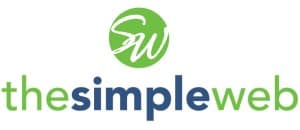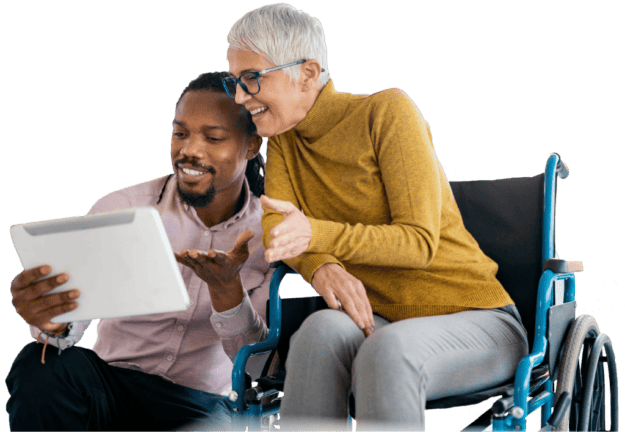Grackle Docs løsninger til dokument- og webtilgængelighed
Udbyder af digital tilgængelighed med fuld service
GrackleDocs Inc. er en førende udbyder af software og tjenester, der er designet til at gøre digitalt indhold tilgængeligt for alle, uanset evner.
Lad os hjælpe din organisation med at nå sine mål for digital tilgængelighed med vores robuste pakke af produkter og tjenester.

Tilgængelighedsløsninger til Google Workspace
Grackles arbejdsområdeVores værktøjer kan hjælpe dig med nemt at teste enkelte filer eller filer på hele hjemmesiden for at sikre, at du overholder reglerne.
En one-stop-shop til behov for tilgængelige hjemmesider
Web-revisionAUDIT er GrackleDocs' hybride tilgang til webtilgængelighed, der leverer manuel og automatiseret auditering af overholdelse og overvågning af hjemmesider.
Komplette tjenester til sanering af dokumenter
PDF-afhjælpningVores uddannelsesværktøjer vil hjælpe dig med at lære, hvordan du gør dine dokumenter og digitale tilstedeværelse tilgængelig.
Millioner af dokumenter er allerede blevet Grackled!
Et lille udpluk af, hvad vores glade kunder har at sige om GrackleDocs

Det enkle web
Grackle Docs' interface viser tilgængelighedsfejl i dokumenter og guider dig gennem rettelsen af dem. Processen er meget nem, så du kan oprette en tilgængelig PDF med et klik på en knap.
Efter at have eksporteret over 250 tilgængelige PDF-filer på en måned med Grackle Docs, er jeg imponeret og lettet over at have sådan en fantastisk tilføjelse til Google Docs. Grackle Docs' medarbejdere svarer hurtigt, grundigt og høfligt på supportanmodninger.
Columbus State University
Kære Grackle-team, vi er så taknemmelige for, at I vil dele Grackle-produktsuiten med os. På Columbus State University anbefaler vi ofte GrackleDocs til fakultetsmedlemmer, der forbereder deres kursusindhold til onlinekurser.
Designet gør det klart og ligetil at håndtere tilgængelighedsproblemer. Når et problem er fundet, giver brugerfladen et link til dets placering og metoder til at løse det. Derefter skal du blot foretage et nyt tjek. Det er så nemt at bruge! Vi glæder os til at prøve det med alle Googles produkter. Endnu en gang tak!

Region 10 ESC
Som en almennyttig uddannelsesinstitution med begrænsede budgetter ledte vi efter en prisbillig løsning til at implementere Web Content Accessibility Guidelines (WCAG) 2.0 for vores G Suite-output og opfylde kravene til OCR-compliance.
Vi fandt ikke noget andet, der kunne fungere lige så godt og lige så billigt som Grackle Suite til at hjælpe os med at rette op på vores Google Docs, Sheets og Slides. Mine elever, som jeg underviser i tilgængelighed (Region 10-medarbejdere), kan godt lide det og synes, det er nemt at lære og bruge. Jeg kan varmt anbefale Grackle.

Foreningen af førerhunde i Lyon
Vores organisation stiller gratis førerhunde til rådighed for synshandicappede, så de kan navigere selvstændigt.
Men trods en ihærdig indsats har vi ikke været i stand til at lære vores hunde at læse. Så for at fremstille dokumenter, der er tilgængelige og lette at læse for vores modtagere, associerer vi en knurhane med hunden.
Det er en meget brugervenlig løsning i vores Google Workspace-miljø. Investeringsafkastet er fremragende, og kombinationen af Google Docs og Grackle fungerer vidunderligt.
